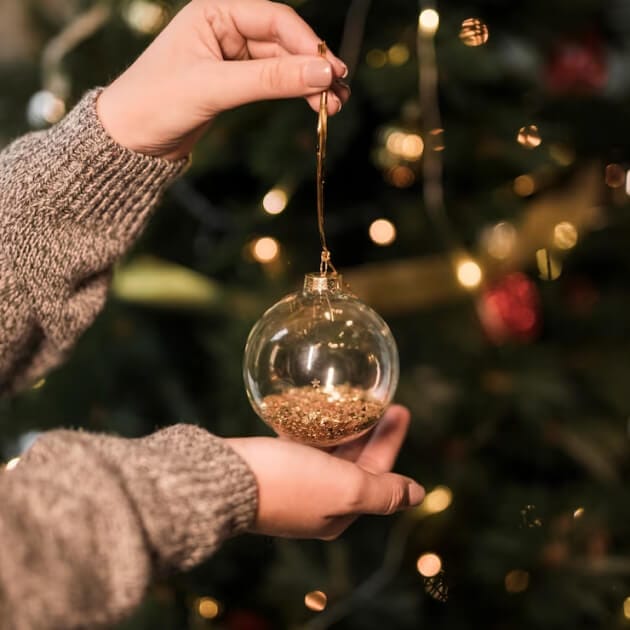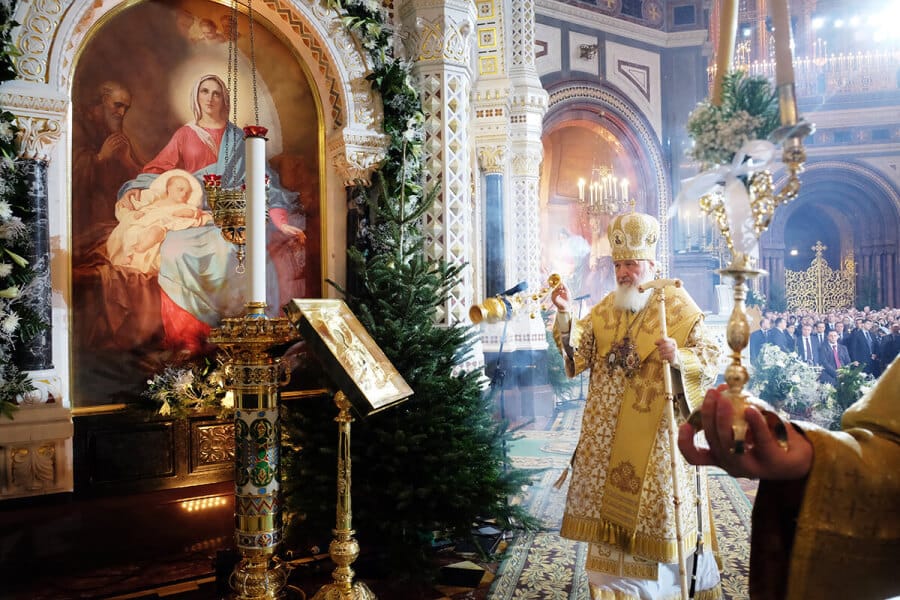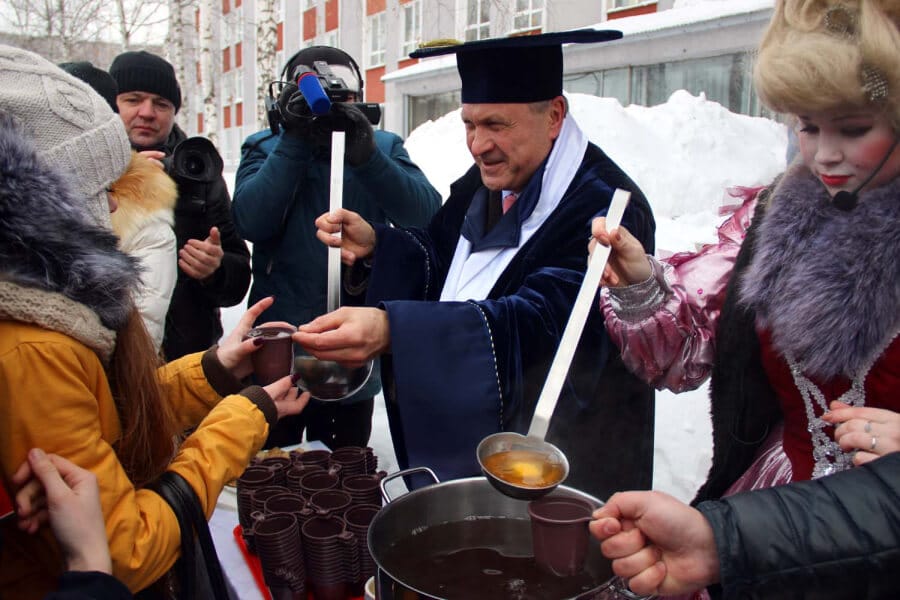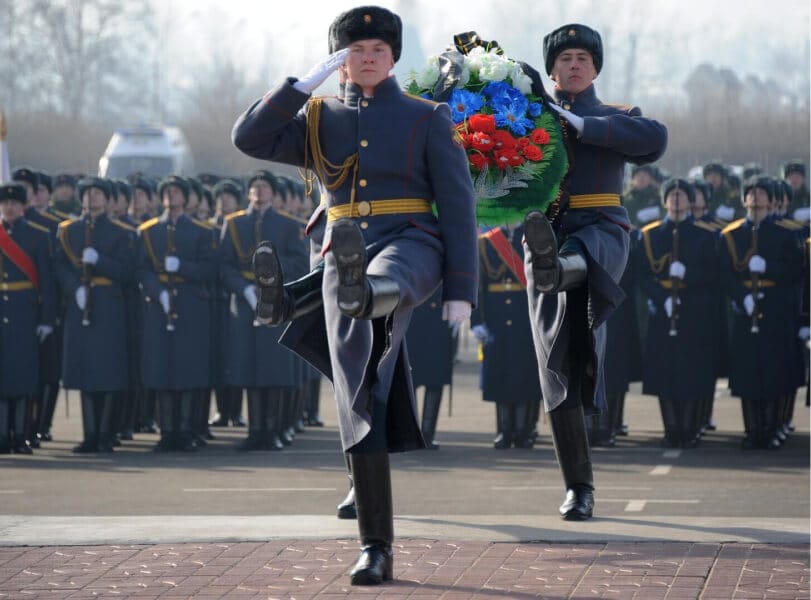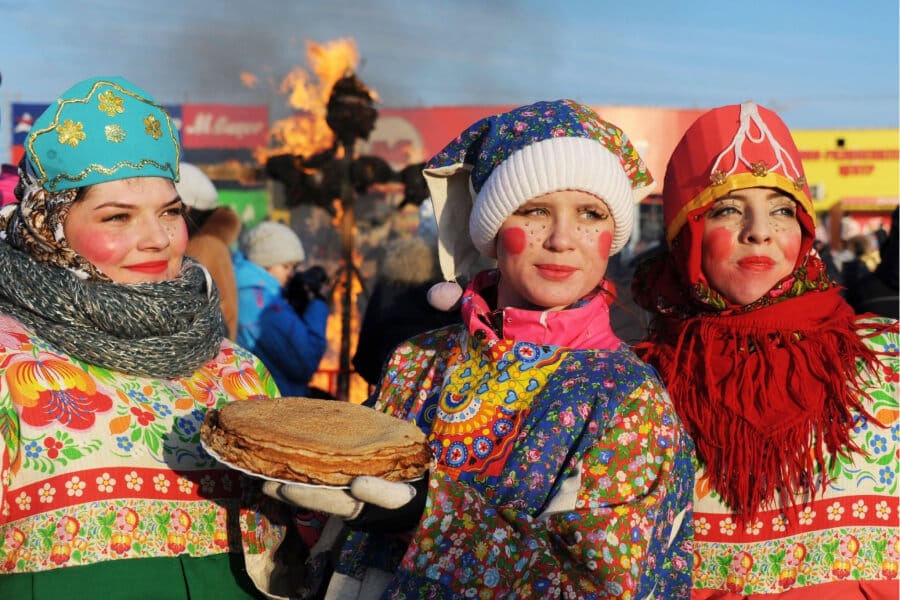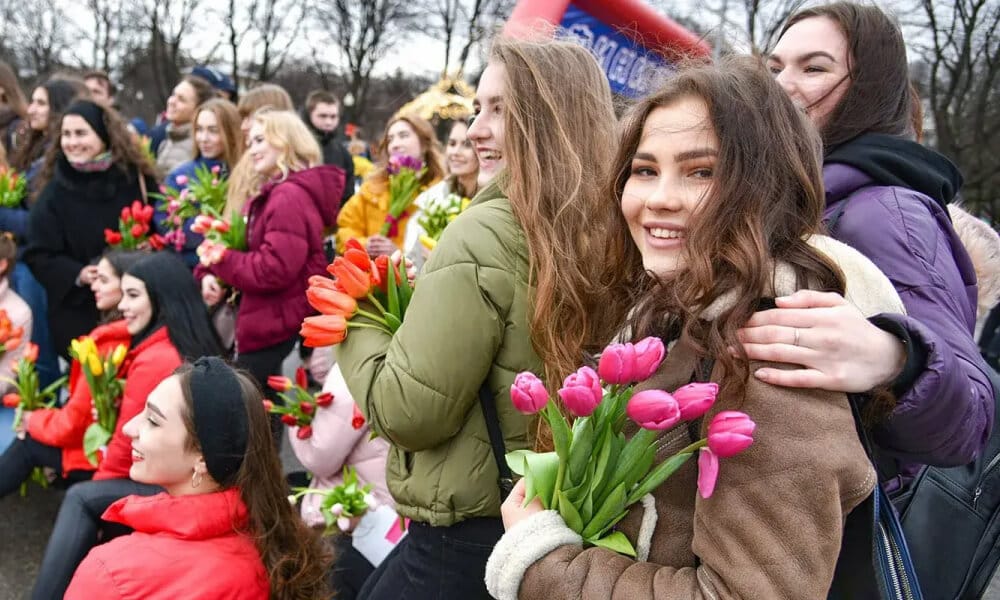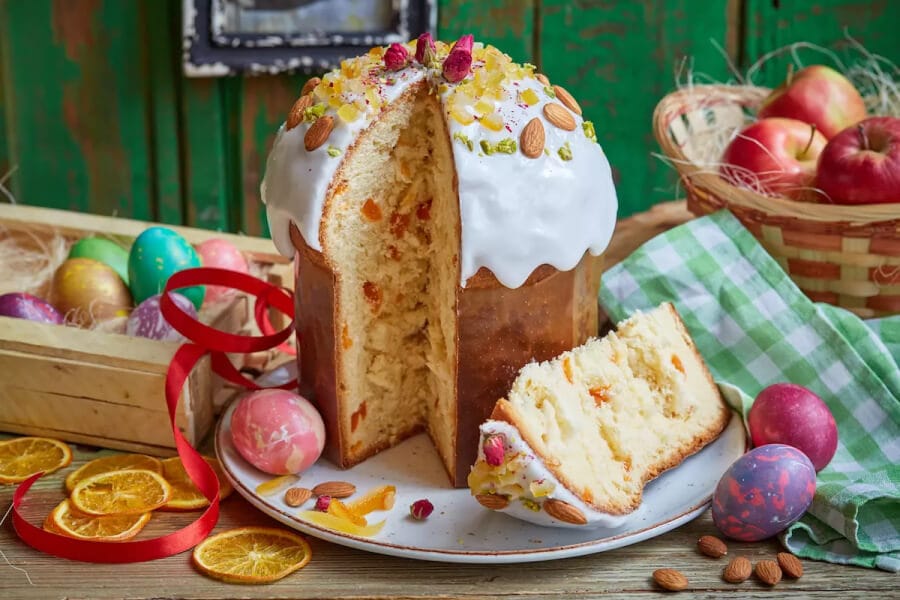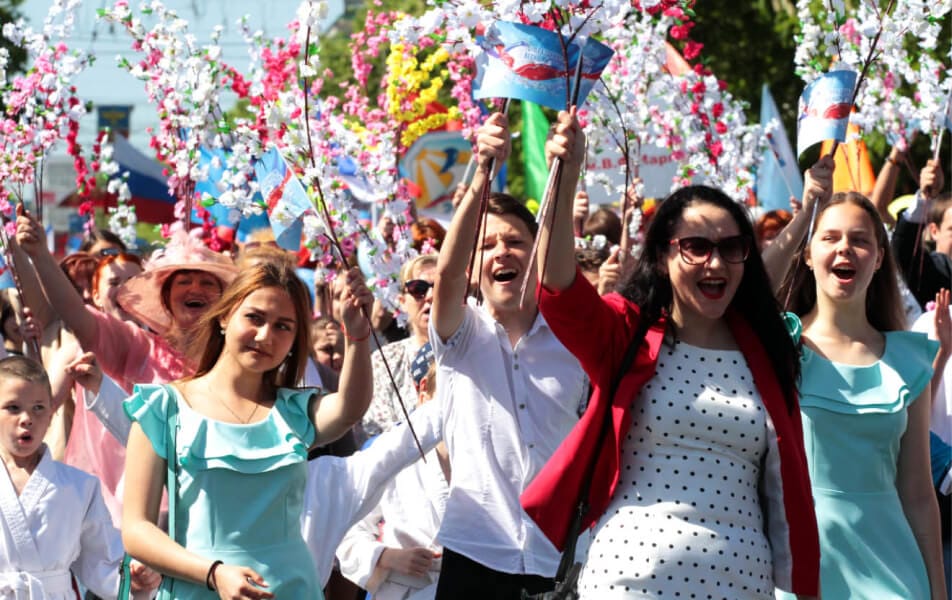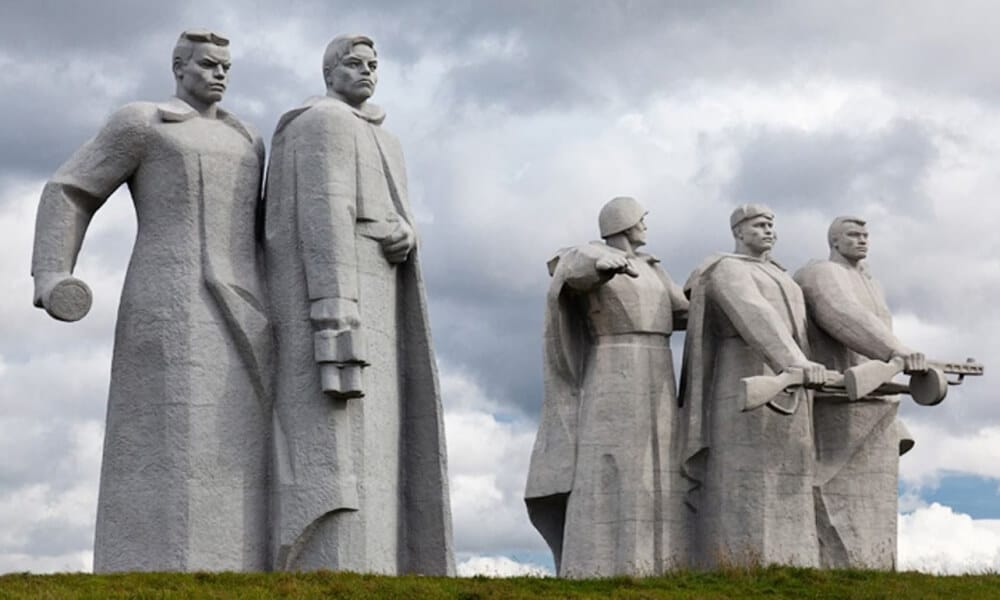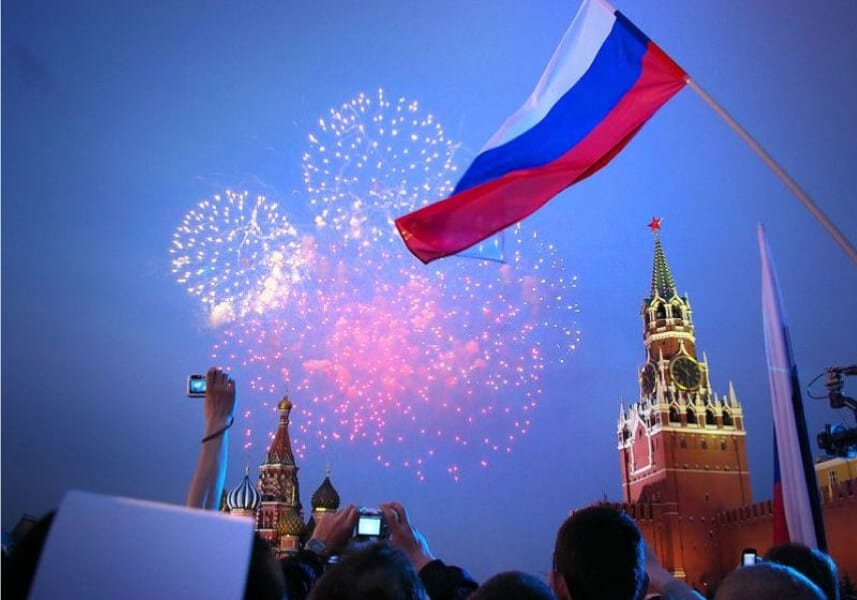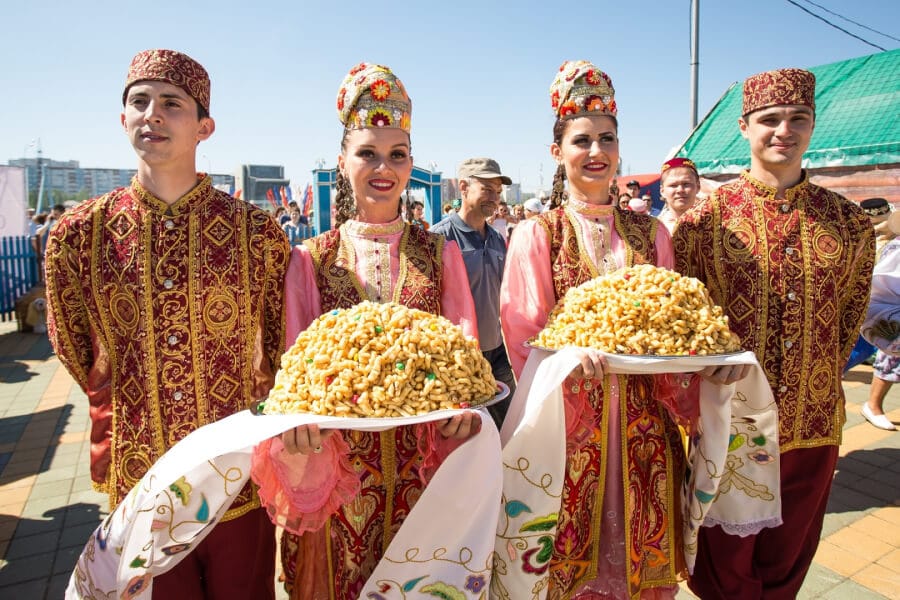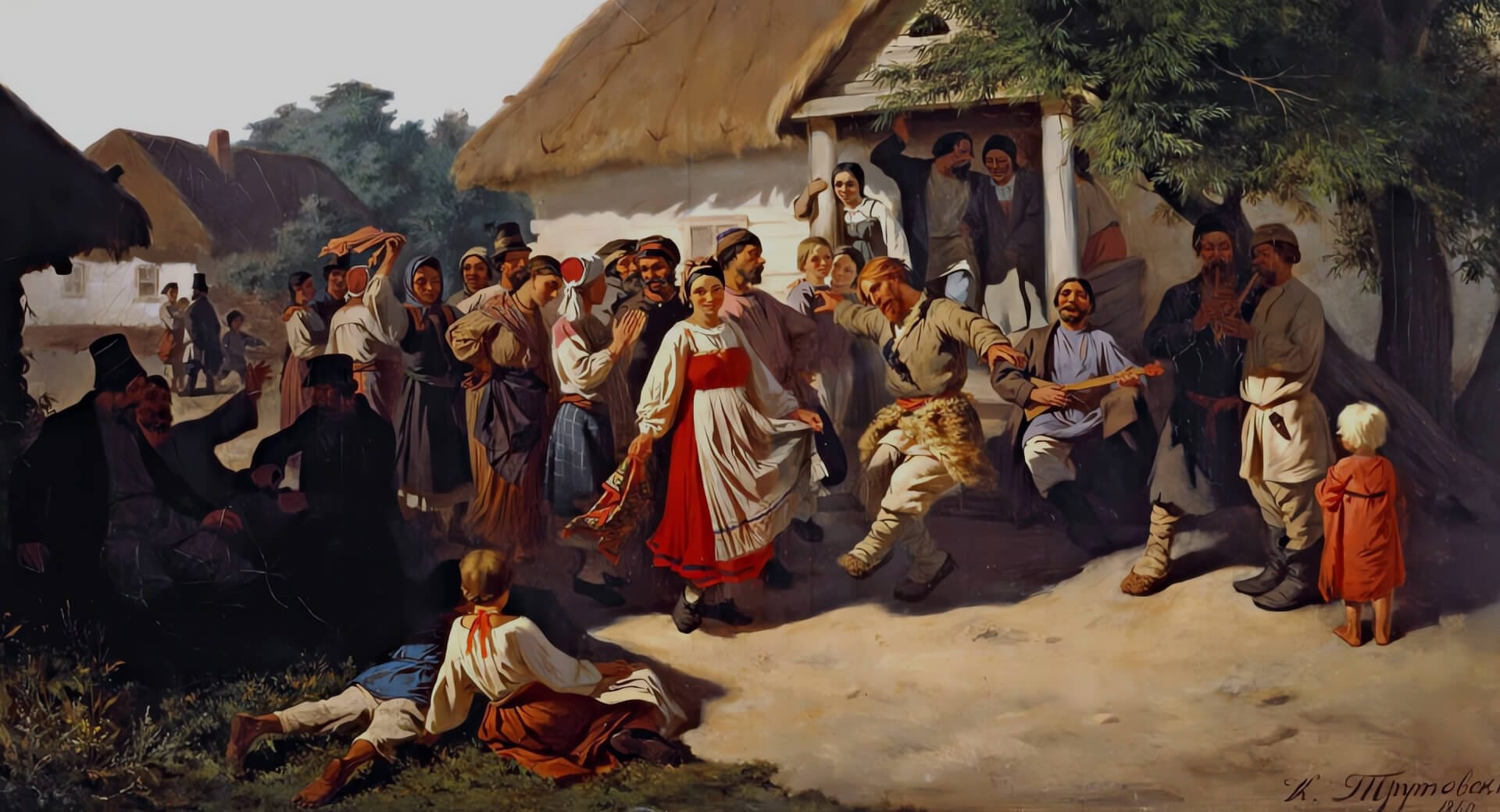
Русский мир
Многообразие культур и религий
Россия — это страна, в которой живут более 190 этнических групп. Каждая из них имеет свою уникальную культуру, историю и наследие.
Русские — национальная группа восточнославянского этноса. Коренные жители России, составляющие около 80 % населения Российской Федерации. Русский народ имеет древнюю и богатую историю, а русский язык является одним из самых распространенных и важных языков в России.
Кроме русских, Россия населена множеством других народов. Например, татары, башкиры, чуваши, мордва, буряты, чеченцы, ингуши и многие другие национальности имеют свои собственные исторические и культурные особенности. Они сохраняют свои традиции, обычаи и языки, делая многонациональность России одним из ее ярких культурных аспектов.
Регионы и их традиции
Россия — это огромная страна, состоящая из множества регионов, каждый из которых имеет свои уникальные традиции и культуру.
Например, Сибирь славится своей национальной кухней и изделиями ручной работы. Традиционные блюда включают в себя пельмени, пироги, шашлыки и супы, а также медовуху и квас. Сибирские мастера известны своими умениями в работе с деревом, кожей и текстилем.
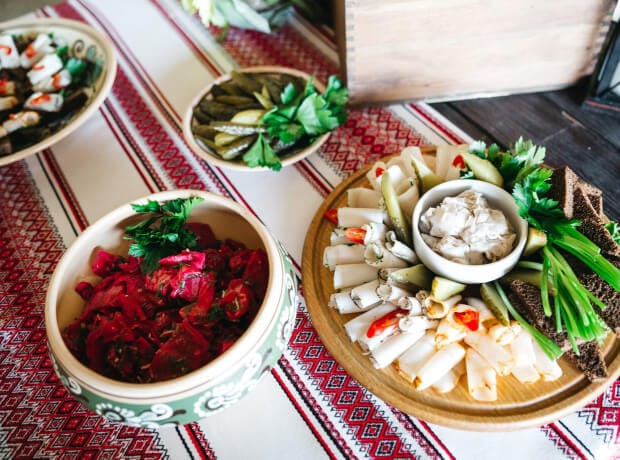
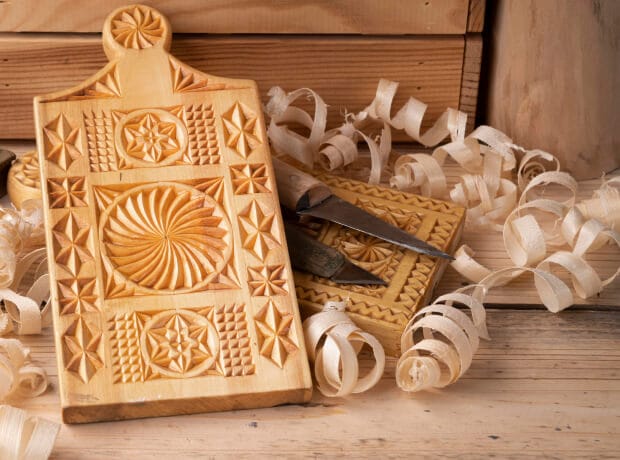
Урал — это еще один регион, богатый традициями. Здесь можно найти множество ремесленных мастерских, где создаются уникальные изделия из металла, стекла и керамики. Также Урал славится своими природными достопримечательностями.
Северный Кавказ — это регион, где проживает множество народов с различными традициями и культурой. Здесь можно познакомиться с уникальной кухней, включающей в себя блюда из мяса, риса и овощей. Также на Северном Кавказе можно найти уникальные ремесленные изделия, такие как ковры, сувениры и ювелирные украшения.
Каждый регион России имеет свои неповторимые традиции, которые делают страну многогранной и интересной для путешественников и туристов.
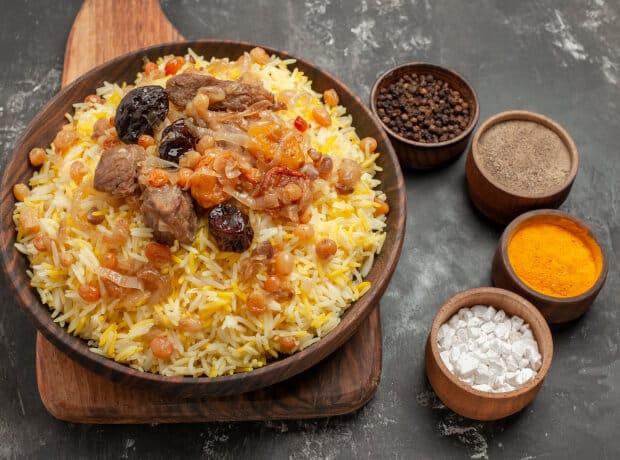
Главные праздники россиян
Культура России широко ценится во всем мире. Зарубежные театры регулярно ставят оперы, спектакли и балеты отечественных композиторов, картинами российских художников восхищаются посетители мировых музеев, а ценители литературы учат русский язык, чтобы наслаждаться произведениями Ф.М. Достоевского, Л. Н. Толстого, А.С. Пушкина и других великих писателей и поэтов в оригинале.
Добросердечность
Милосердие — это одна из основополагающих человеческих ценностей, заключающаяся в стремлении помогать другим, проявлять сострадание и заботу о тех, кто находится в трудной жизненной ситуации. В России милосердие активно проявляется через множество волонтёрских движений и инициатив. Одним из ярких примеров является всероссийское общественное движение добровольцев в сфере здравоохранения «Волонтёры-медики», объединяющее людей, готовых оказать помощь тем, кто оказался в сложной ситуации: будь то пациенты больниц или жители домов престарелых.
Волонтеры-медики предоставляют не только физическую помощь, но и эмоциональную поддержку, что особенно важно для людей, испытывающих одиночество или страх. Такие инициативы иллюстрируют милосердие на уровне гражданского общества, подчеркивая важность участия каждого человека в улучшении жизни окружающих, и демонстрируют, как личные усилия могут объединяться в масштабные проекты, способствующие созданию отзывчивого общества.
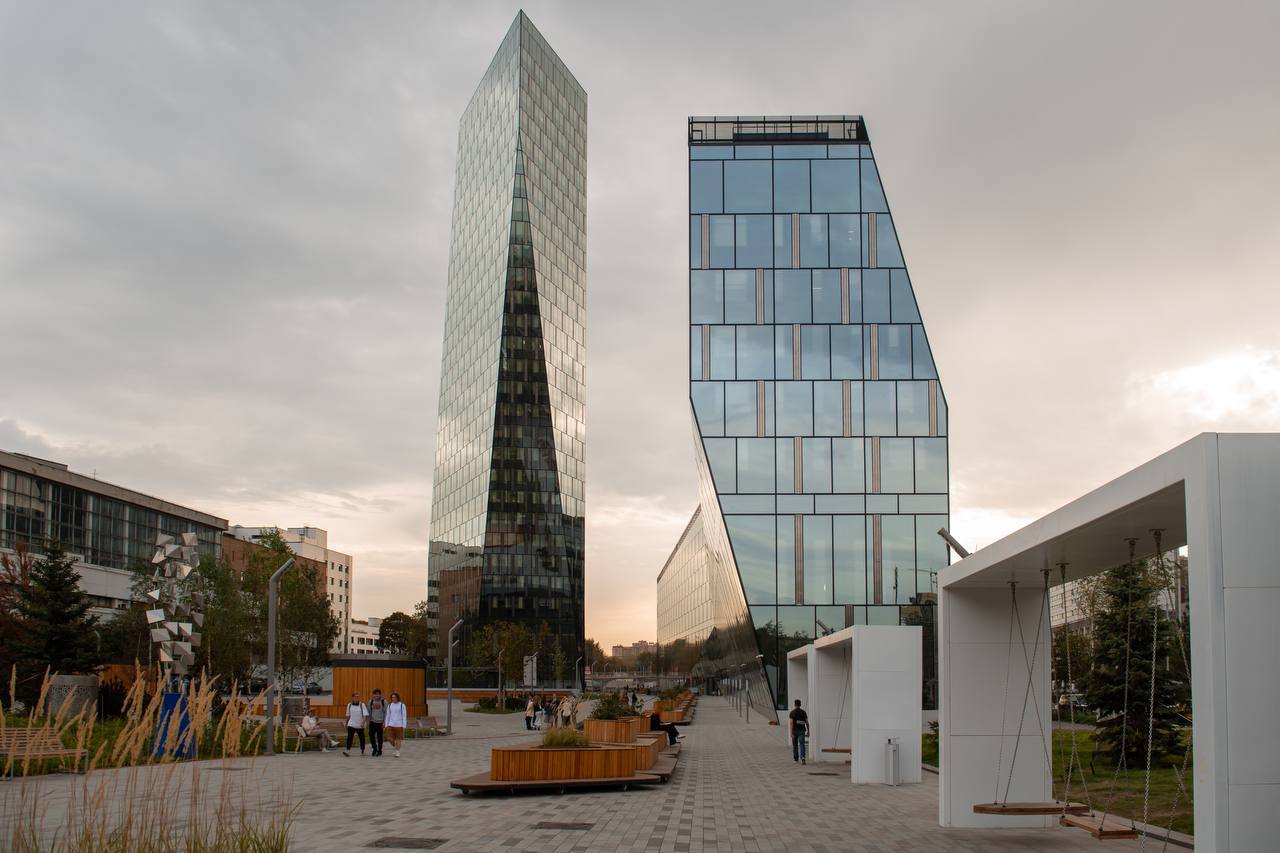
Создание сети современных кампусов
В России создается сеть из 25 университетских кампусов до 2030 года. Сейчас построено уже 18 зданий в 5 студгородках в Москве, Калининграде, Челябинске, Новосибирске, Нижнем Новгороде. Общая площадь — более 219 тыс. кв. м.
В кампусах предусмотрены все условия, чтобы студенты, аспиранты, преподаватели, молодые семьи могли учиться, работать и воспитывать детей.
Узнать, является ли университет участником федерального проекта «Создание сети современных кампусов», можно на странице этого университета на портале Study in Russia.
